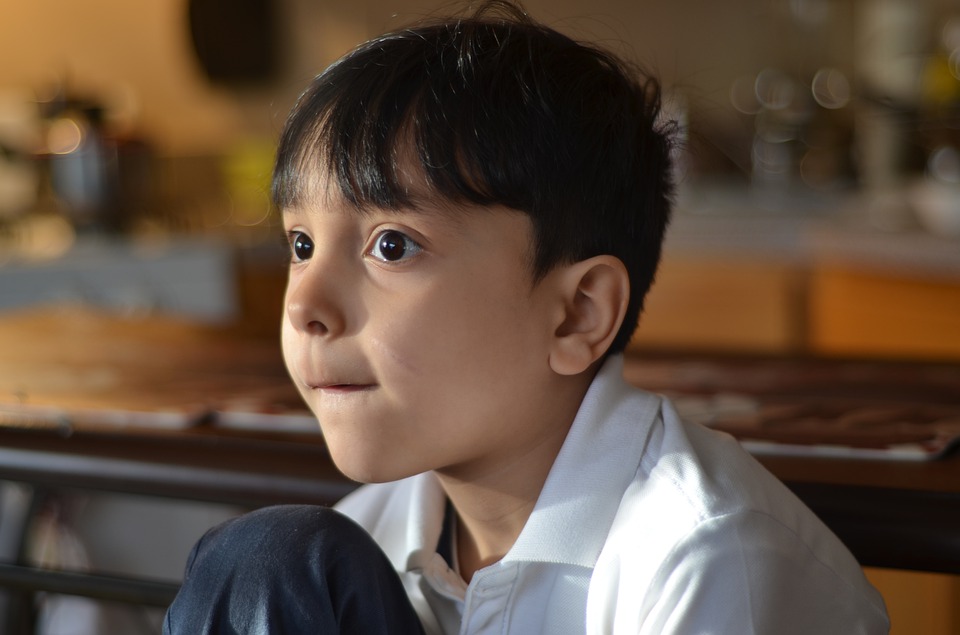
Do Sanctions Shape Kids Positively?
Parenting is a delicate balance between setting boundaries and fostering a nurturing environment for children to thrive. The use of sanctions, such as timeouts or loss of privileges, is a common approach to discipline. However, the question looms: do these sanctions truly benefit our children’s development, or are there alternative methods that lead to better outcomes? In this exploration of child upbringing, we’ll dissect the effectiveness of sanctions and consider whether there are more constructive ways to guide our children’s behavior.
The Role of Sanctions
1. Setting Boundaries
Sanctions play a crucial role in setting boundaries for children. Clear consequences for actions help children understand the difference between acceptable and unacceptable behavior. This, in turn, contributes to the development of a sense of responsibility and accountability.
2. Teaching Consequences
Life is filled with consequences, and sanctions in the home environment provide a safe space for children to learn about cause and effect. Experiencing the results of their actions helps children develop decision-making skills and understand the impact of their choices on themselves and others.
The Controversy Surrounding Sanctions

1. Emotional Impact
Critics argue that sanctions, if not implemented carefully, can have a negative emotional impact on children. Shaming or overly harsh punishments may lead to feelings of resentment, fear, or rebellion, potentially hindering the development of a healthy parent-child relationship.
2. Limited Effectiveness
Some studies suggest that sanctions may have limited effectiveness in the long term. While they may modify behavior temporarily, the root causes of misbehavior may not be adequately addressed, leading to recurring issues.
Alternatives to Traditional Sanctions
1. Positive Reinforcement
Positive reinforcement involves praising and rewarding desirable behavior. This approach focuses on encouraging good behavior rather than punishing negative actions. By highlighting positive actions, children are motivated to repeat them.
2. Open Communication
Establishing open communication channels with children allows for a better understanding of their thoughts and feelings. Discussing the consequences of actions and involving children in decision-making processes promotes a sense of responsibility and cooperation.
3. Time-In Approach
Rather than isolating children through timeouts, the time-in approach encourages staying connected during difficult moments. This involves providing emotional support and discussing the reasons behind certain behaviors, fostering a deeper understanding between parents and children.
Making Informed Decisions
1. Know Your Child
Understanding the individual needs and temperament of each child is paramount. What works for one may not work for another. Tailoring disciplinary approaches to the unique characteristics of each child promotes effective and considerate parenting.
2. Consistency is Key
Whether using sanctions or alternative methods, consistency is crucial. Children thrive in environments with clear and predictable expectations. Consistent discipline helps children feel secure and understand the boundaries set for them.
The Ongoing Dialogue
Parenting, at its core, is an ongoing dialogue between parents and children. It’s a journey of understanding, adapting, and evolving. While sanctions have their place in this dialogue, it’s essential to continually reassess and explore alternative methods that align with the unique needs of each child.
Conclusion
In conclusion, the debate over whether sanctions truly benefit children is a nuanced one. While they serve a purpose in setting boundaries and teaching consequences, there are concerns about their emotional impact and long-term effectiveness. Exploring alternative approaches such as positive reinforcement, open communication, and the time-in method provides parents with a broader toolkit for guiding their children’s behavior. Ultimately, effective parenting involves knowing your child, being consistent in your approach, and being open to adapting methods as needed. The journey of upbringing is unique for every parent and child, and finding the right balance between discipline and understanding is a continual learning process.
You May Also Like

How To Deal With Teenage Phase (Part 1)
2022-02-08
What’s the Best Way to Discipline My Child?
2022-05-17

